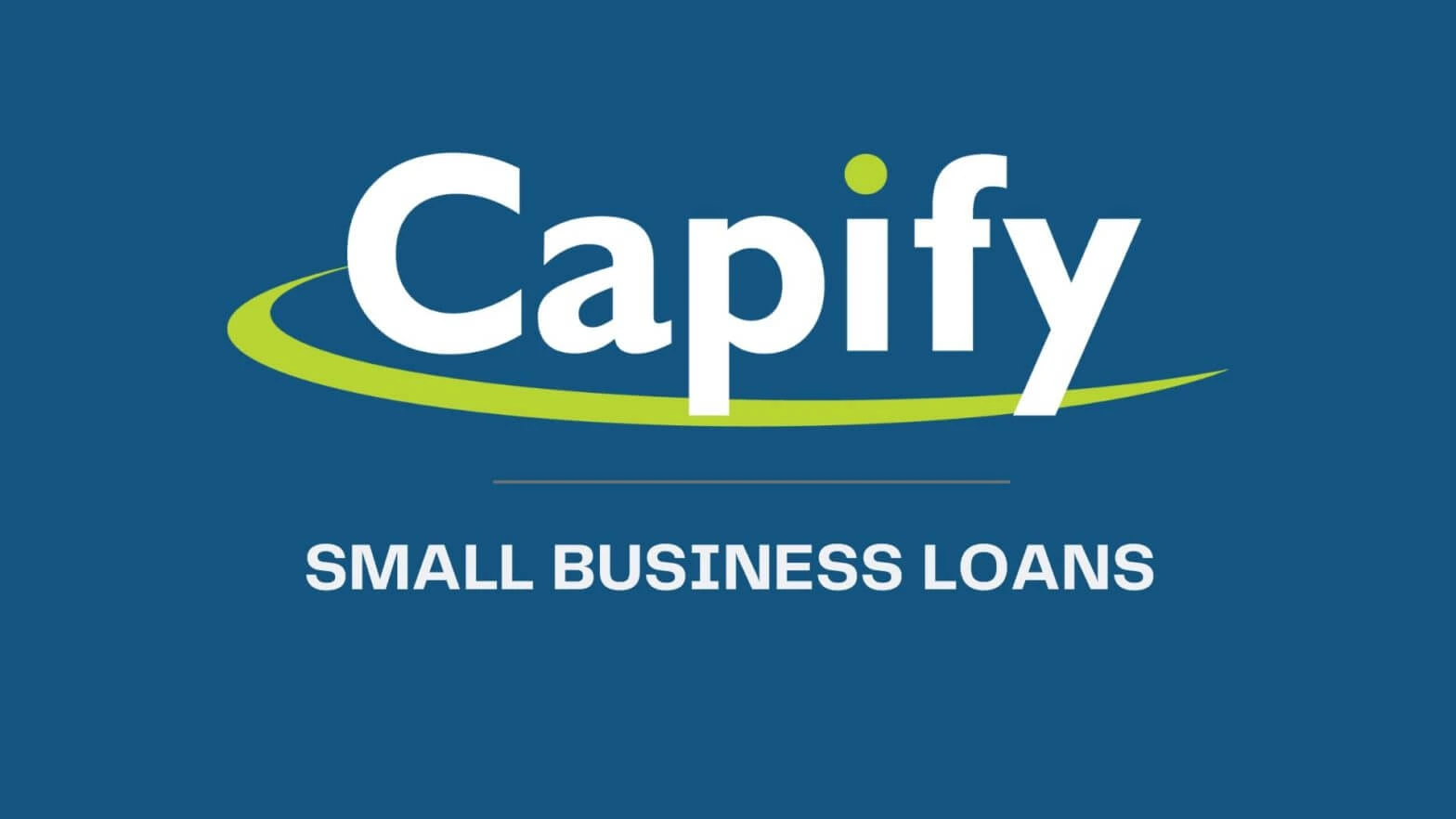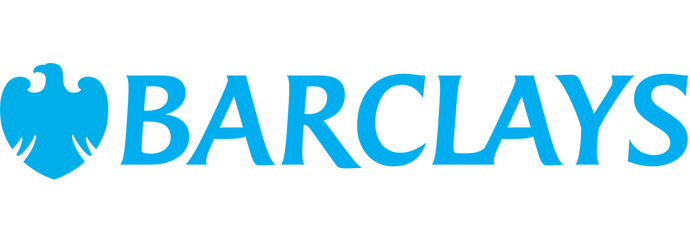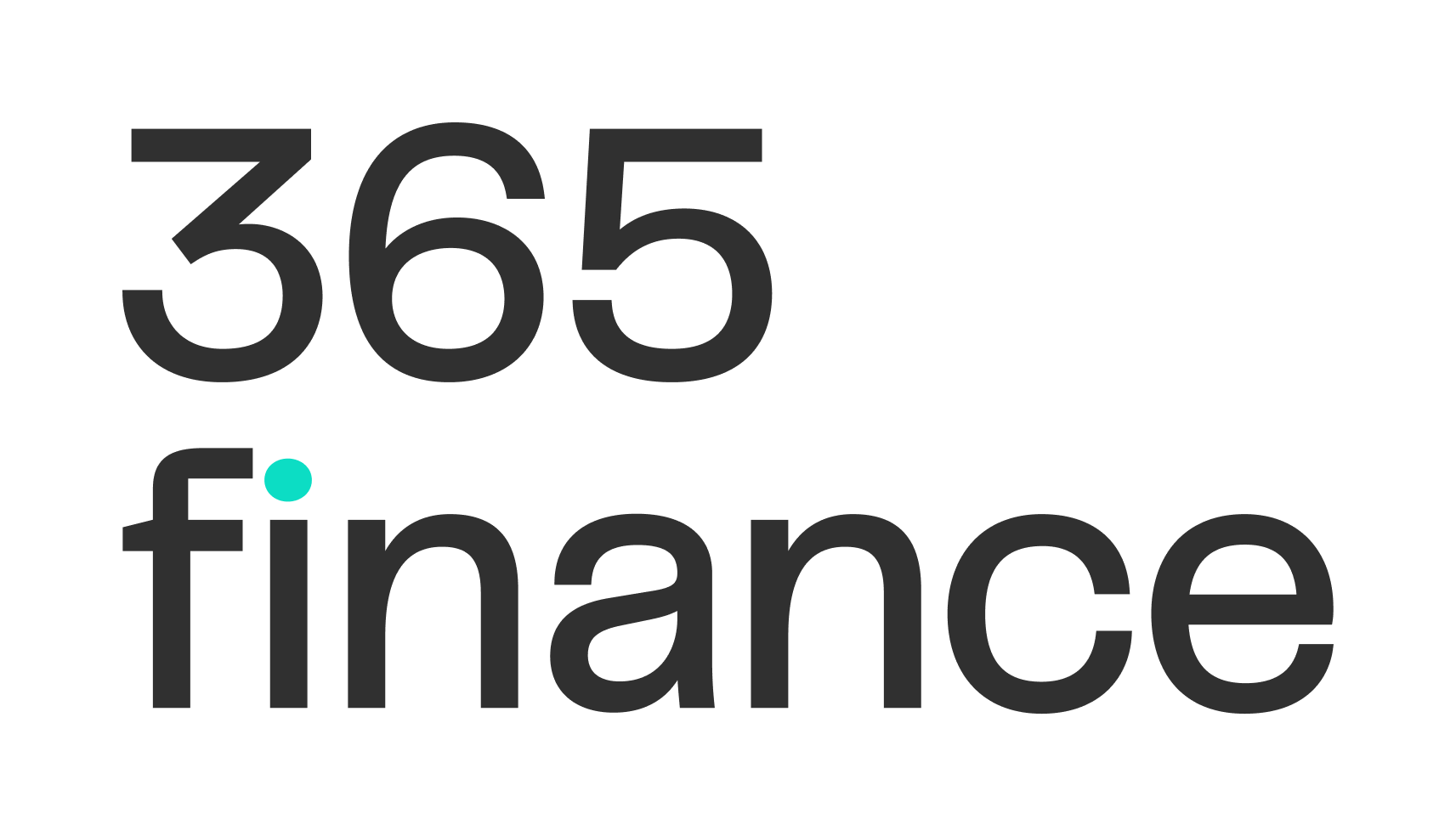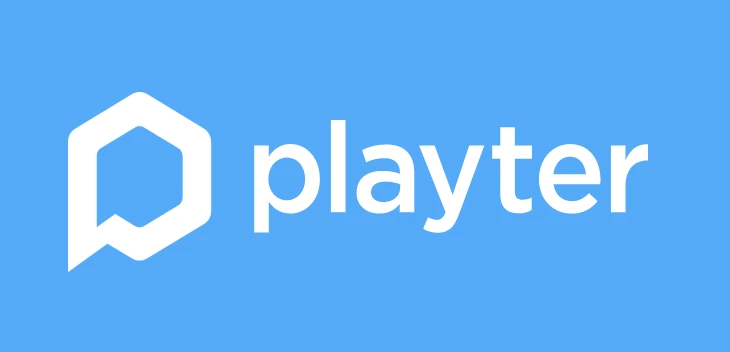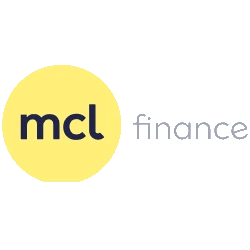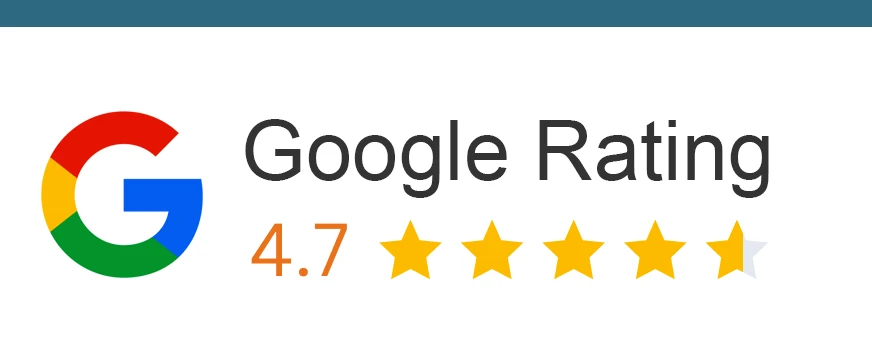Business line of credit terms vary significantly based on multiple factors, and understanding these elements is crucial for effective financial planning and responsible debt management.
Credit Limit Determination
Credit limits are established through comprehensive assessments of business financial health, trading history, and overall creditworthiness. Factors influencing credit limit decisions include business turnover, profitability patterns, cash flow stability, sector risk assessment, and personal guarantor financial strength.
Business Financial Performance: Higher turnover businesses with strong profitability typically qualify for larger credit limits, though this is not guaranteed and depends on overall financial stability and debt service capacity. Lenders assess not just revenue levels but also profit margins, cash flow patterns, and financial management quality.
Trading History and Sector Experience: Established businesses with proven track records in stable sectors may access higher limits than newer enterprises or those in volatile industries. Sector-specific risks and economic conditions significantly influence lender appetite and available credit limits.
Personal Guarantor Strength: Where personal guarantees are required, the financial strength and creditworthiness of guarantors directly impacts available credit limits. Strong personal financial positions can support higher business credit limits, whilst poor personal credit may restrict facility size.
Interest Rate Structure and Costs
Business line of credit interest rates are typically variable and calculated on daily balances, meaning borrowing costs fluctuate based on Bank of England base rates and individual credit risk assessments. Understanding the full cost structure is essential for effective financial planning.
Variable Interest Rates: Most business lines of credit feature variable interest rates that change in response to base rate movements and credit risk reassessments. This variability means that borrowing costs can increase without notice, potentially affecting business cash flow and debt service capacity.
Arrangement and Facility Fees: Many lenders charge arrangement fees for establishing credit lines, plus ongoing facility fees for maintaining access to funds regardless of utilisation levels. These fees can significantly impact the total cost of credit, particularly for businesses that use facilities infrequently.
Usage and Transaction Charges: Additional charges may apply for fund withdrawals, account maintenance, and facility reviews. Some lenders impose minimum usage requirements or charge penalties for non-utilisation, affecting the economics of maintaining unused credit facilities.
Risk Warning: Variable interest rates and additional fees can result in significant cost increases over time. Ensure you understand the full fee structure and potential cost implications before committing to credit facilities.









